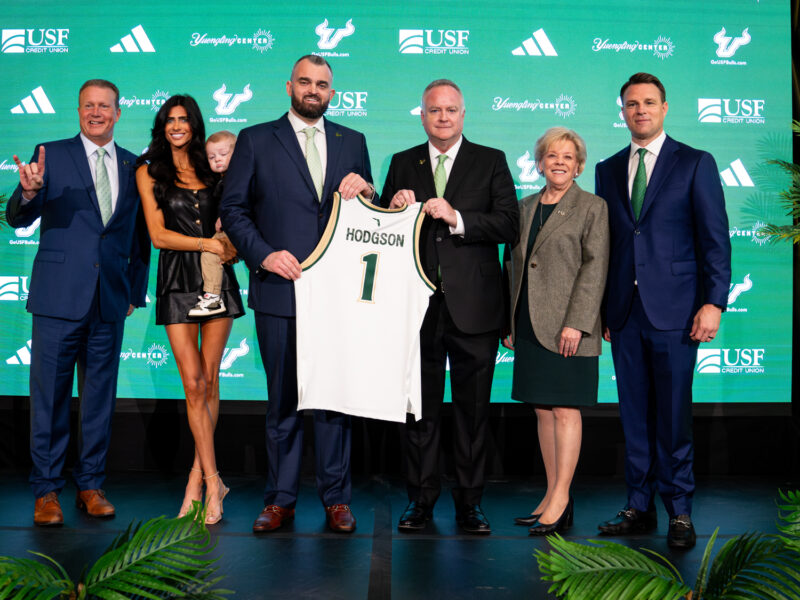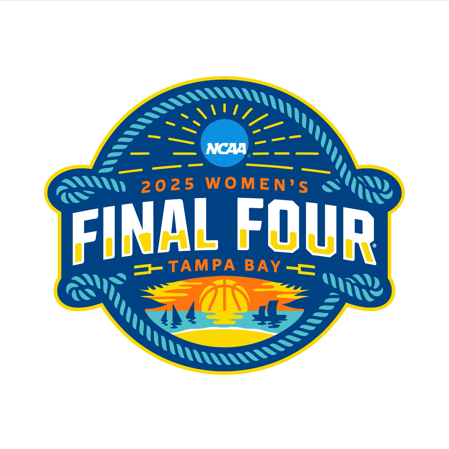Yale University issued a memo last week regarding its policies on sexual misconduct. The memo attempts to distinguish between consensual and nonconsensual sex — a distinction that shouldn’t be too tricky for an Ivy League student … or any functioning adult.
The PDF titled “Sexual Misconduct Scenarios,” provides eight examples of sexual encounters Yale administrators assume their students are likely to have. Each scenario is followed by the discipline Yale would inflict.
Here’s a snippet:
Devin and Ansley are engaging in a consensual sexual encounter, which Devin begins to intensify. Ansley responds by pulling away slightly, moving Devin’s hands and saying “not so fast; I’m not sure.” Devin cooperates briefly but then intensifies the contact once more. Ansley moves backwards and then becomes still. Nonetheless, Devin has sex with Ansley.
According to the document, Yale “requires a positive unambiguous, voluntary agreement at every point during a sexual encounter — the presence of an unequivocal ‘yes’ (verbal or otherwise), not just the absence of a ‘no.’”
In the above case, Devin would be punished because, though consent was given initially, it was not sustained throughout the act. Devin’s punishment would range from multi-semester suspension to expulsion, according to the memo.
Though the made-up encounters are not particularly relatable and phrases like “intimate touching” and “point of interruption” evoke winces and smirks simultaneously (if you’re as immature as I am), the subject matter is serious.
The Yale memo’s media attention inclined me to look up USF’s policies on sexual misconduct. Below is a list (including, but not limited to) of prohibited actions. Warning: reading may cause paranoia.
1. Requesting or coercing sexual intercourse or sexual favors, or attempting to or actually engaging in a sexual assault or sexual battery.
2. Inappropriate and unwelcome sexual attention or touching, including-but not limited to leering, patting, fondling, pinching, and attempted or actual kissing.
3. Making actual or implied threats to impede or interfere with employment or educational opportunities or benefits for failing to agree to or engage in sexual activity.
4. Making actual or implied promises of an employment or educational opportunity or benefit in exchange for sexual activity.
5. Inferring or displaying favoritism that benefits or adversely affects another based on sexual involvement or a sexual relationship.
6. Making sexually explicit or suggestive gestures or sounds.
7. Displaying or telling sexually oriented jokes, statements, photographs, drawings, computer images, web sites, videos, slides, graphics, calendars, cartoons, e-mails or other communications.
8. Continuing to ask someone for a date after being told “no.”
9. Continuing any of the conduct listed in the above examples after being told or being otherwise made aware that the conduct is unwelcome.
USF uses state law to define sexual battery. Apparently, in Florida we call rape sexual battery. I’m not sure I like the vagueness of that term, however, so I’ll continue to use the term rape to describe sex without consent.
Florida defines rape as “oral, anal or vaginal penetration by, or union with a sexual organ of another or anal/vaginal penetration of another by any other object,” that is performed without the “victim’s consent.”
In context, “consent” is defined as “intelligent, knowing, and voluntary consent and does not include coerced submission or submission out of fear … [and] shall not be deemed or construed to mean the failure by the alleged victim to offer physical resistance to the offender.”
The policy says disciplinary action for sexual misconduct includes “counseling, mediation (in limited circumstances), and/or referral for disciplinary action, up to and including termination from employment and/or expulsion from the USF System.” It does not provide information relating to the degree of misconduct or to degree of discipline.
USF’s policy may not be quite as descriptive as Yale’s when it comes to distinguishing a “yes” from a “no,” but perhaps it doesn’t need to be. In my perfect USF world, we’re smart enough to know this without help from Devin and Ansley. It’s a naïve suggestion, but it’s the one I chose to make.
Students who experience sexual abuse of any form, or who know of sexual abuse taking place, should report it to Student Affairs immediately so the Office of Student Rights and Responsibilities can investigate. USF St. Petersburg’s student affairs office can be reached at 727-873-4162.


